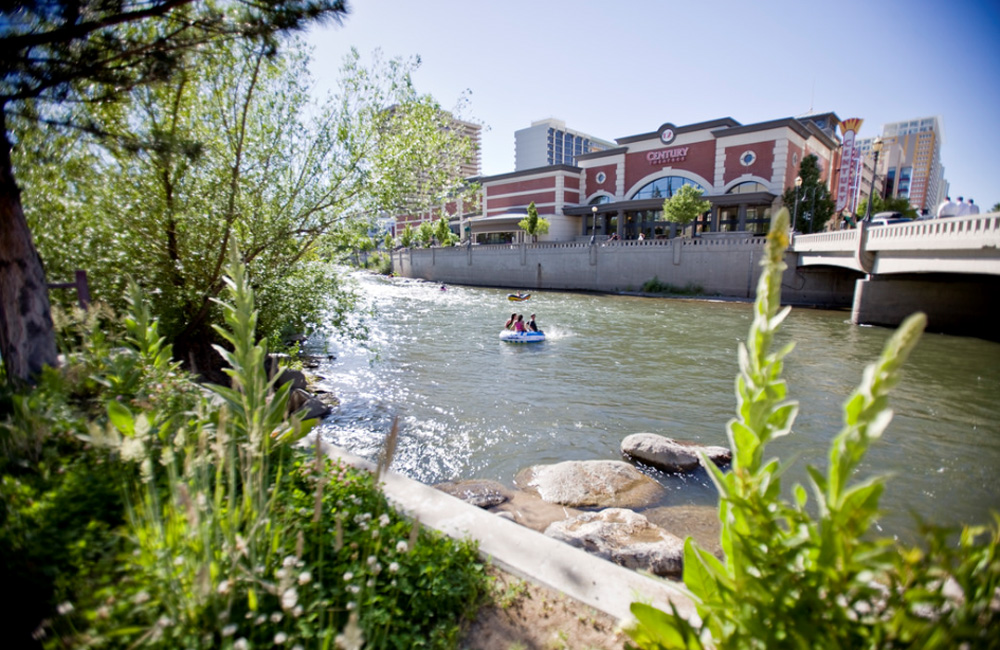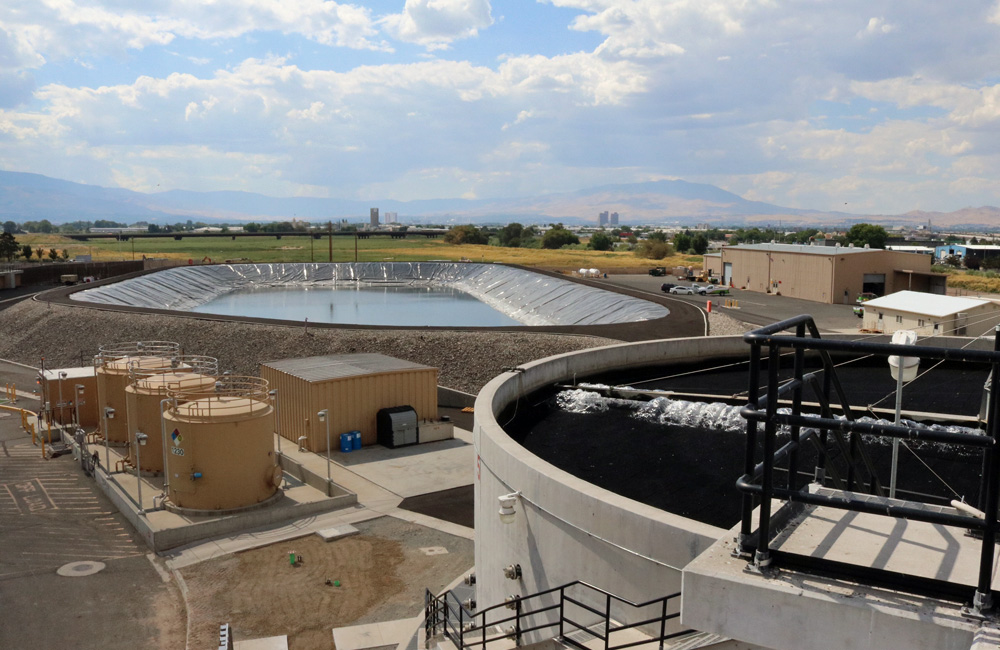Frequently Asked Questions
What is being contemplated for the future use of this water?
A specific use has not been identified at this time. The results of the feasibility project will inform water planners if advanced purified water offers benefits to the community and will identify where and how it could be used. Advanced purified water could potentially be used to increase the region’s drought and/or emergency water supplies or could create new recreational or environmental opportunities. Public input will be sought on potential uses once the technical, social, environmental and financial feasibility is established.

With the implementation of the Truckee River Operating Agreement (TROA), do we need this water now?
Similar to TROA, this is a long term effort and could take years to implement. Water providers throughout Nevada are responsible for securing, managing and delivering safe and reliable water supplies to their regions. Identifying sustainable, local water supplies that match the right quality with the right use is part of that responsibility.
Many regions are looking for ways to meet long-term demands for water. Advanced purified water could be a new, locally developed and reliable water supply. Provided through proven technologies, it is a drought-resistant resource that can help ensure safe, sustainable water. Advanced purified water can be stored to address future uncertainties of climate change, such as an increased number of growing days, changes to snow pack and timing of runoff.
Is advanced purified water already in use? Where?
Advanced purified water has been used to replenish underground aquifers and surface reservoirs in the United States for over 40 years. These places include Texas, California, Arizona and northern Virginia, and many other areas are studying it. There have been no adverse health effects from the use of recycled water.
As an example, Orange County California has operated a groundwater replenishment project since 1971. In this case, highly treated recycled water is used for aquifer recharge to prevent seawater intrusion. Orange County Water District built upon its long history of successfully treating recycled water and implemented advanced processes to further purify the water and send it to recharge basins, where it ultimately becomes part of the drinking water supply. Orange County produces 70 million gallons of purified water per day and has recently expanded production to 100 million gallons per day.

Why have other communities implemented their projects?
In numerous parts of the country and the world, communities are facing limited water supplies, stricter environmental constraints, and drought. Diversifying the water supply with advanced purified water has provided a long term, sustainable water resource for many communities. Like the Truckee Meadows, these communities have a strong desire to conserve and recycle water resources instead of simply using them once.
Is advanced purified water safe?
Yes, it is regulated to rigorous state and federal standards. Advanced water purification processes remove contaminants to levels below concentrations of significance and can produce water qualities that are equal to or better than existing drinking water sources.
